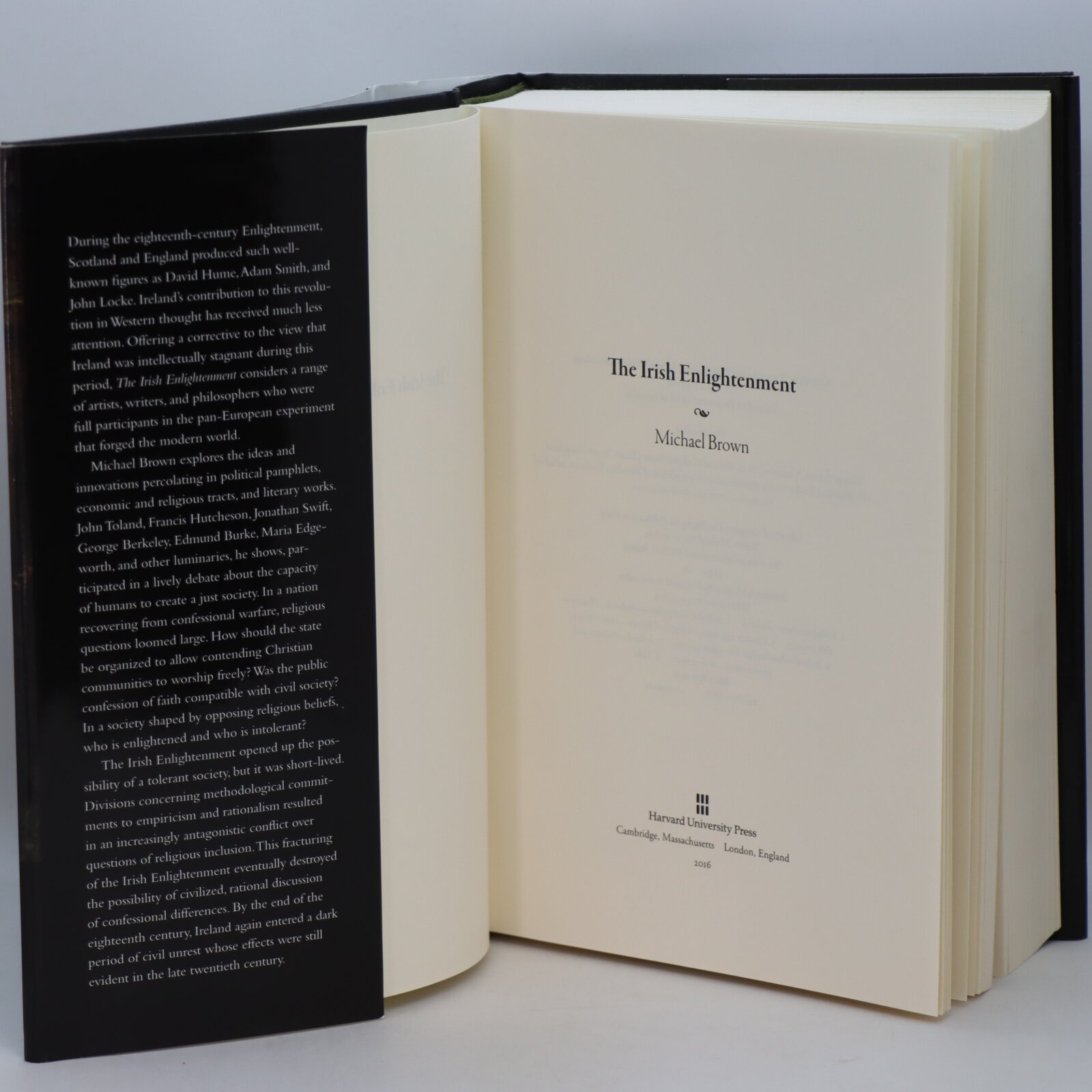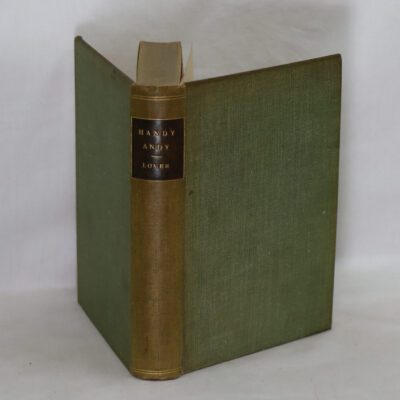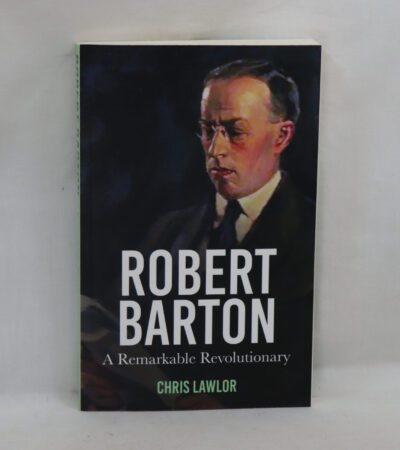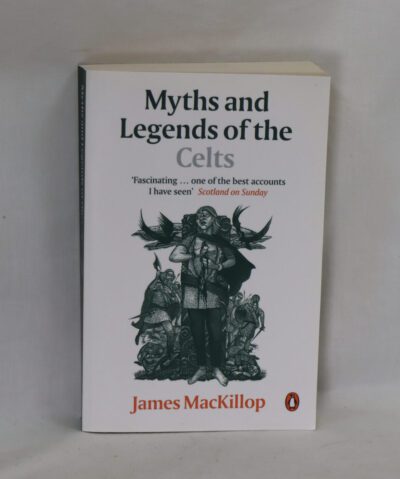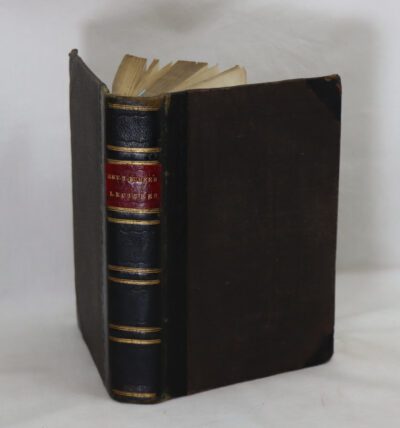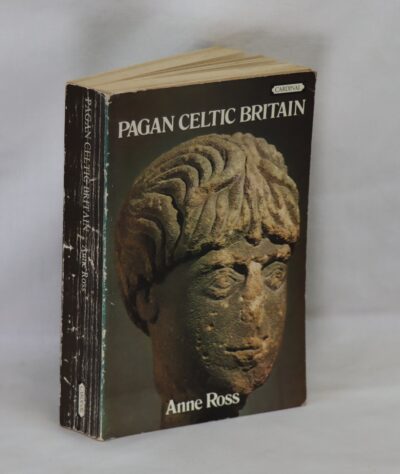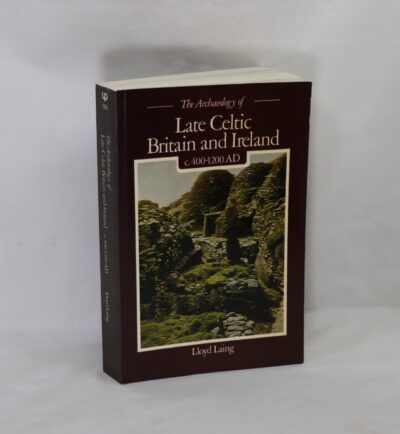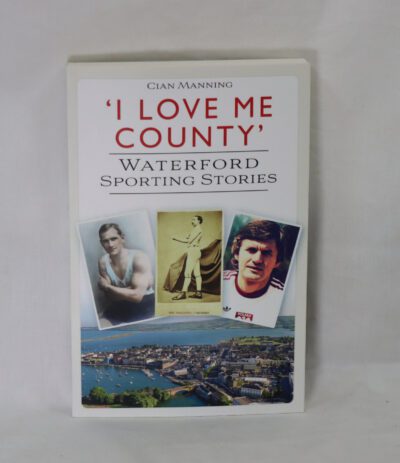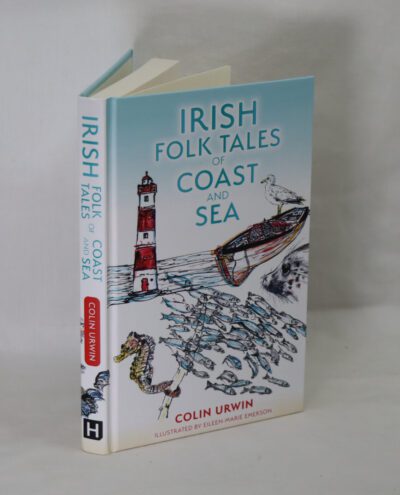The Irish Enlightenment.
By Michael Brown
ISBN: 9780674045774
Printed: 2016
Publisher: Harvard University Press. London
Edition: First edition
| Dimensions | 17 × 25 × 5 cm |
|---|---|
| Language |
Language: English
Size (cminches): 17 x 25 x 5
Condition: Fine (See explanation of ratings)
Item information
Description
In the original dustsheet. Black cloth binding with silver title on the spine.
F.B.A. provides an in-depth photographic presentation of this item to stimulate your feel and touch. More traditional book descriptions are immediately available.
A great copy
Scotland and England produced well-known intellectuals during the Enlightenment, but Ireland’s contribution to this revolution in Western thought has received less attention. Michael Brown shows that Ireland also had its Enlightenment, which for a brief time opened up the possibility of a tolerant society, despite a history of sectarian conflict.
During the eighteenth-century Enlightenment, Scotland and England produced such well-known figures as David Hume, Adam Smith, and John Locke. Ireland’s contribution to this revolution in Western thought has received much less attention. Offering a corrective to the view that Ireland was intellectually stagnant during this period, The Irish Enlightenment considers a range of artists, writers, and philosophers who were full participants in the pan-European experiment that forged the modern world.Michael Brown explores the ideas and innovations percolating in political pamphlets, economic and religious tracts, and literary works. John Toland, Francis Hutcheson, Jonathan Swift, George Berkeley, Edmund Burke, Maria Edgeworth, and other luminaries, he shows, participated in a lively debate about the capacity of humans to create a just society. In a nation recovering from confessional warfare, religious questions loomed large. How should the state be organized to allow contending Christian communities to worship freely? Was the public confession of faith compatible with civil society? In a society shaped by opposing religious beliefs, who is enlightened and who is intolerant? The Irish Enlightenment opened up the possibility of a tolerant society, but it was short-lived. Divisions concerning methodological commitments to empiricism and rationalism resulted in an increasingly antagonistic conflict over questions of religious inclusion. This fracturing of the Irish Enlightenment eventually destroyed the possibility of civilized, rational discussion of confessional differences. By the end of the eighteenth century, Ireland again entered a dark period of civil unrest whose effects were still evident in the late twentieth century.
Want to know more about this item?
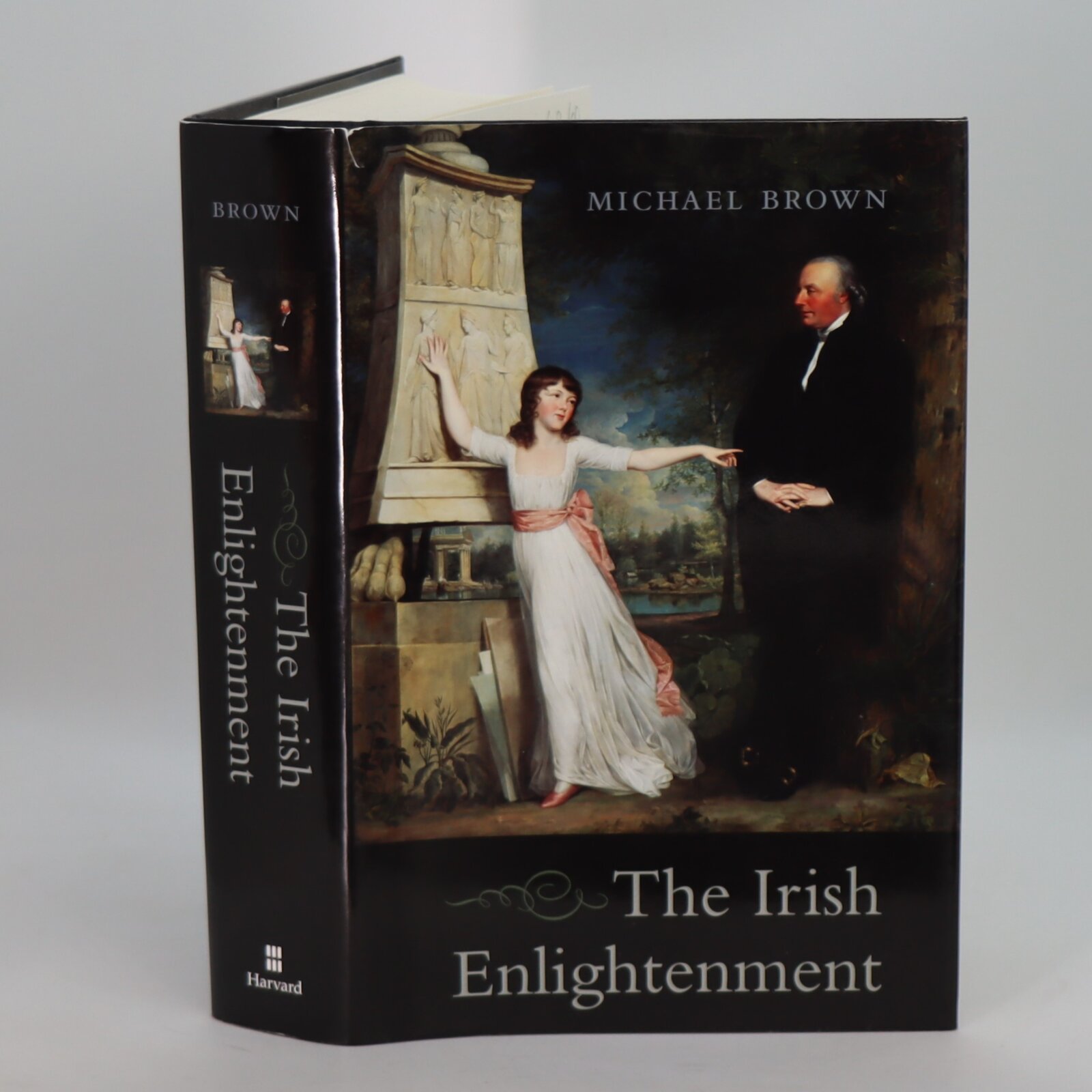
Share this Page with a friend

